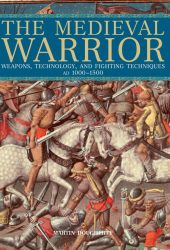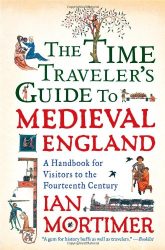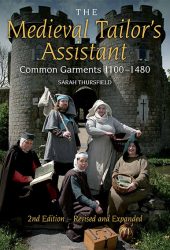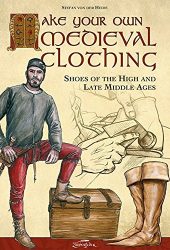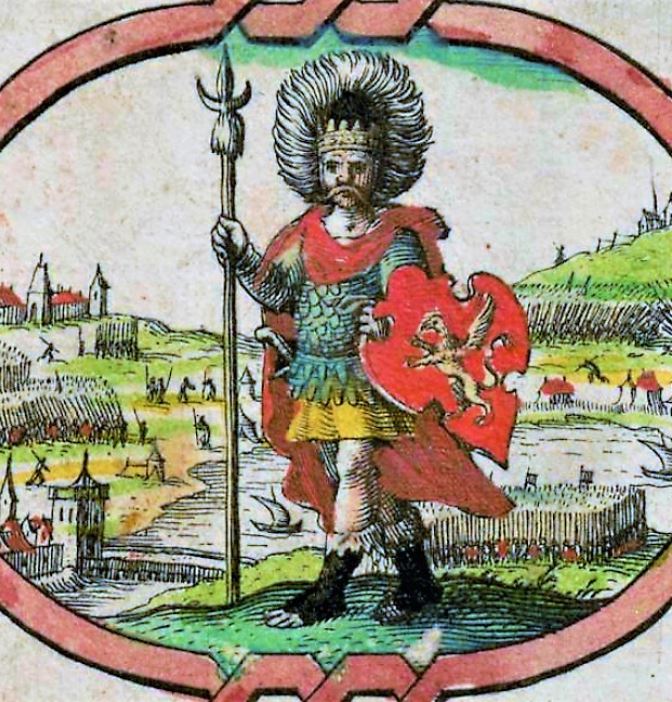
The House of Wessex was a royal dynasty that ruled the Kingdom of Wessex, one of the seven Anglo-Saxon kingdoms in England, from the 6th century until the Norman Conquest in 1066. It is considered one of the most important and influential royal houses in English history, playing a crucial role in the unification of England and the establishment of a strong monarchy.
Key members of the House of Wessex include:
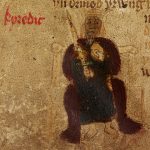
Cerdic (reigned c. 519–534)
Cerdic is traditionally regarded as the founder of the Kingdom of Wessex. According to Anglo-Saxon chronicles, he led the West Saxons (from which Wessex derived its name) in battle against the Britons and established the kingdom in the early 6th century.
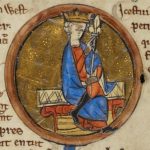
Egbert (reigned 802–839)
Egbert, also known as Ecgberht, was a powerful king of Wessex who achieved dominance over the other Anglo-Saxon kingdoms, becoming the first king to be recognized as the ruler of all England. He defeated the Mercians and the Welsh, extending his influence throughout southern England.
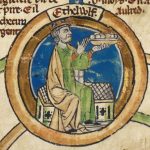
Æthelwulf (reigned 839–856)
Æthelwulf was the son of Egbert and succeeded him as king of Wessex. He faced challenges from Viking invasions during his reign but managed to maintain control over his kingdom. He is known for his piety and for fostering close ties with the Church.
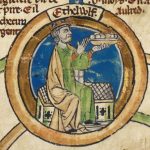
Alfred the Great (reigned 871–899)
Alfred the Great, the son of Æthelwulf, is one of the most renowned figures of the House of Wessex and English history. He successfully defended Wessex against Viking invasions, reorganized his kingdom’s defences, and promoted learning and education. Alfred is credited with laying the foundations for the unification of England.
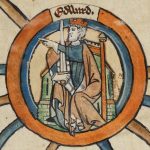
Edward the Elder (reigned 899–924)
Edward the Elder was the son of Alfred the Great and succeeded him as king of Wessex. He continued his father’s policies of resisting Viking incursions and expanding Wessex’s territory. Edward’s reign saw the consolidation of royal authority and the gradual extension of Wessex’s influence over other Anglo-Saxon kingdoms.
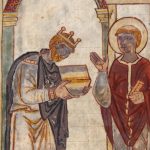
Æthelstan (reigned 924–939)
Æthelstan, the eldest son of Edward the Elder, became the first king of all England, ruling over Wessex, Mercia, and Northumbria. He strengthened royal authority, issued laws, and conducted successful military campaigns against the Scots and the Welsh.
Books about Medieval Life
More Medieval People
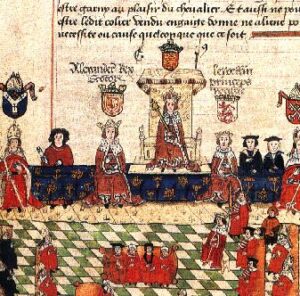
Medieval People: Andrew de Moray
Andrew de Moray a pivotal figure in the Wars of Scottish Independence and stands as a symbol of Scottish resistance against the English.
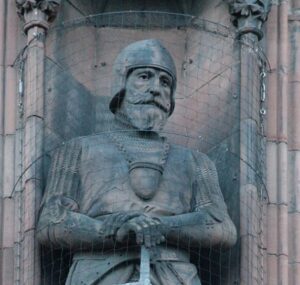
Medieval People: James Douglas, Lord of Douglas
James Douglas was a formidable figure renowned for his unwavering loyalty, military prowess, and unyielding commitment to Scotland’s cause.
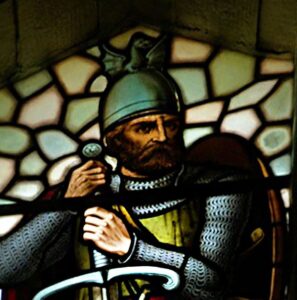
Medieval People: William Wallace
William Wallace commands reverence as a symbol of resistance against English oppression during the Wars of Scottish Independence.
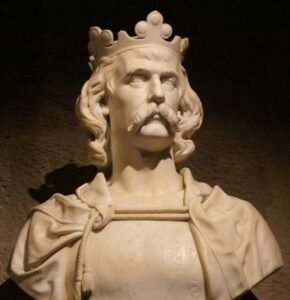
Medieval People: Robert the Bruce
Robert the Bruce was one of Scotland’s most renowned medieval kings and a prominent figure in the country’s history.
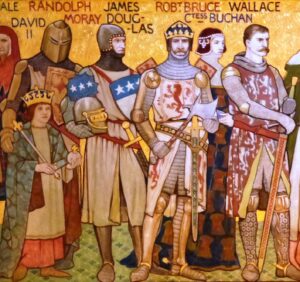
Scotland’s Most Famous Medieval Knights & Warriors
Scottish knights played a crucial role in shaping the medieval history of Scotland. Learn more about their bravery and fierce determination.
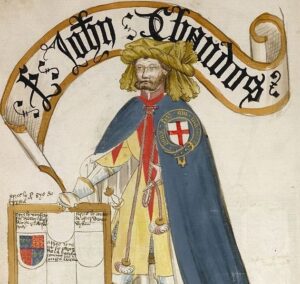
Medieval People: Sir John Chandos
Sir John Chandos was a notable medieval knight and military commander who played a significant role in the Hundred Years’ War.

